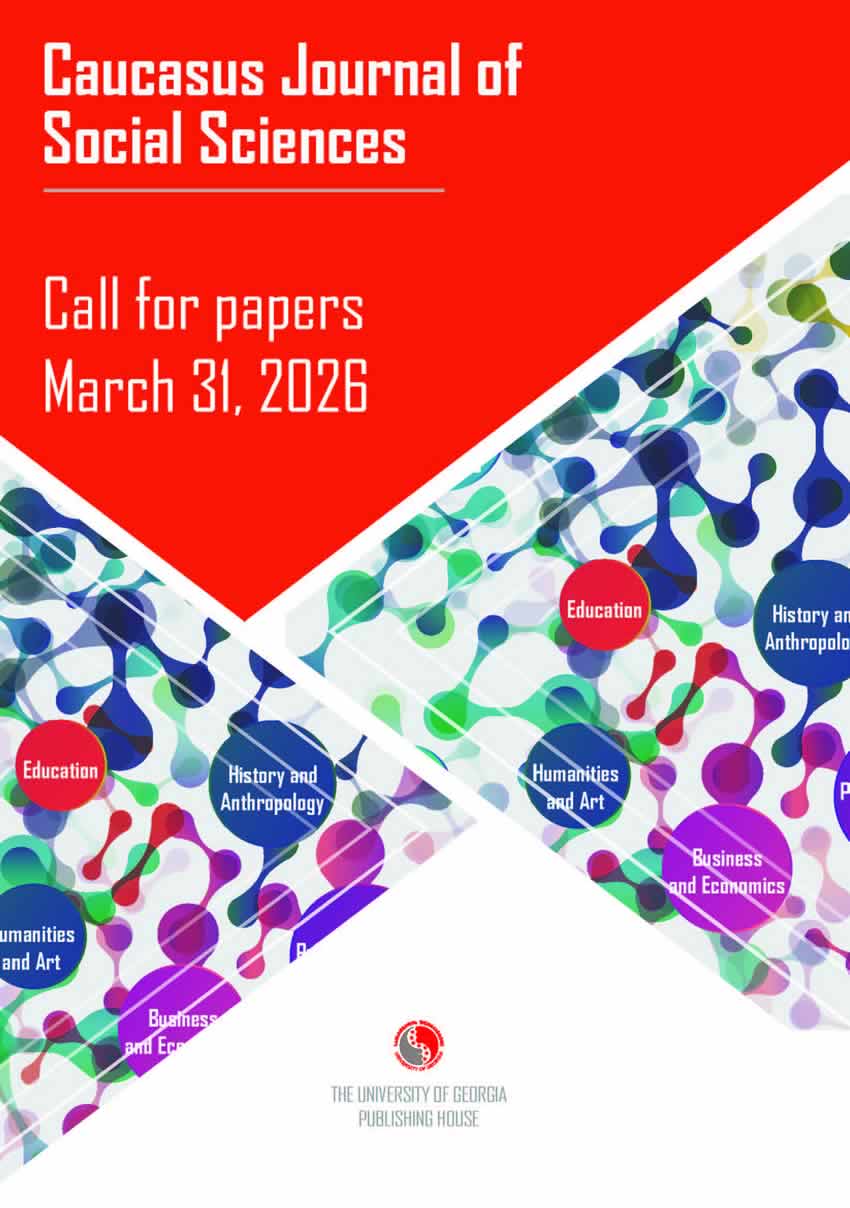Interplay between Subjective Wellbeing and Personality Values’ Becoming
DOI:
https://doi.org/10.62343/cjss.2014.139Keywords:
Benevolence values, Universalism values, Schwartz's theory, Cross-cultural research, satisfactionAbstract
This paper investigated relations of personality values and subjective well-being. We examined how values influence life satisfaction of 234 Macedonian and 230 Ukrainian young adults who provided data on personality values (PVQ, Schwartz, 1994) and life satisfaction (Diener et al., 1985). Hypothesized direct relations of types of values to well-being based on “healthy” (self-direction, stimulation, achievement, benevolence, universalism) and “unhealthy” (power, security, conformity, tradition) values were tested in each sample. Results showed that a) Ukrainians compared to their Macedonian peers reported higher scores on all values except for power; b) conformity and security values correlated with well-being, as predicted, but only in the Macedonian sample. Results partly supported our hypotheses regarding the values conducive to well-being among students in both countries. Findings are discussed in terms of values’ influence for well-being of youth in Macedonian and Ukrainian contexts.
Downloads
Published
How to Cite
Issue
Section
License
Copyright (c) 2023 Lyudmyla Romanyuk, Radosveta Dimitrova, Ognen Spasovski

This work is licensed under a Creative Commons Attribution 4.0 International License.
In case an article is accepted for publication it is allowed to combine the article with other research, to conduct new research on the article, or to make different arrangements on condition that the same license is used including commercial purposes.
As an author of an article published in the Caucasus Journal of Social Sciences, you retain the copyright of your article and you are free to reproduce and disseminate your work.











